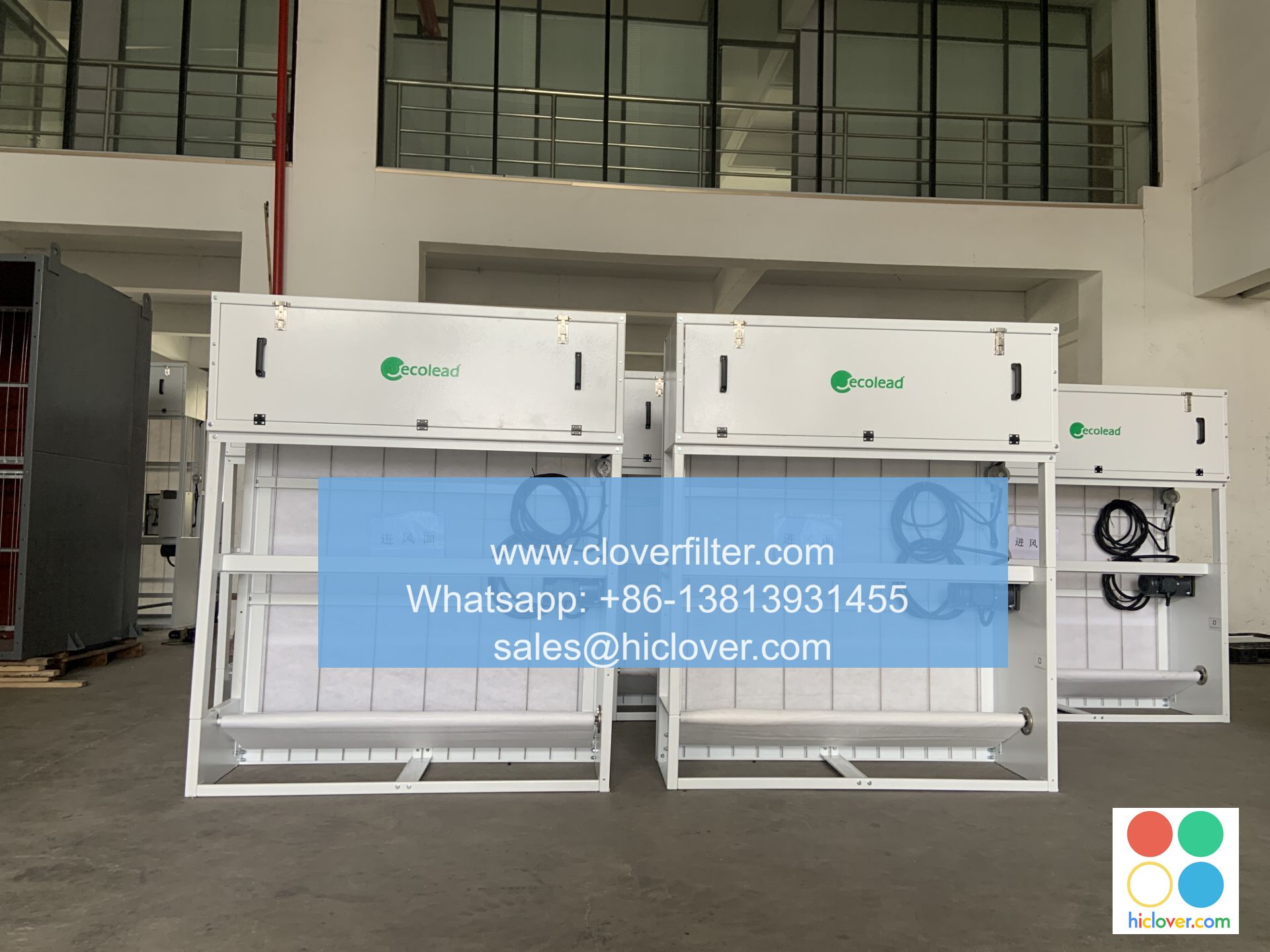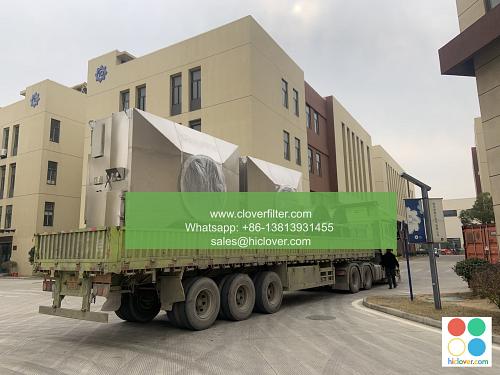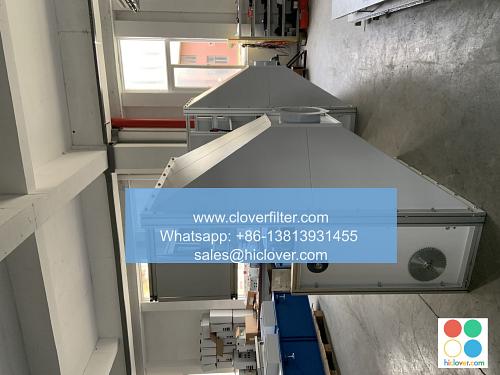The Importance of Air Filtration in the Workplace

The Importance of Air Filtration in the Workplace
Air filtration is a crucial aspect of maintaining a healthy and productive work environment. The air we breathe at work can have a significant impact on our overall well-being, and poor air quality can lead to a range of negative effects on our health and performance. In this article, we’ll explore the importance of air filtration in the workplace and highlight various application areas where it’s essential.
Air filtration is important for several reasons:
- Improved Indoor Air Quality (IAQ): Air filtration helps to remove pollutants, allergens, and irritants from the air, improving IAQ and reducing the risk of respiratory problems and other health issues.
- Reduced Sick Leave: By removing airborne pathogens and contaminants, air filtration can help reduce the spread of illnesses and reduce the number of sick days taken by employees.
- Increased Productivity: A healthy and comfortable work environment can boost employee morale and productivity, leading to improved business outcomes.
- Compliance with Regulations: Many industries, such as healthcare and manufacturing, have regulations that require air filtration systems to ensure a safe and healthy work environment.
Air filtration is essential in various application areas, including:
- Healthcare Facilities: Hospitals, clinics, and other healthcare facilities require air filtration systems to remove airborne pathogens and contaminants, reducing the risk of infection and improving patient outcomes.
- Manufacturing Facilities: Industrial facilities, such as those producing chemicals, pharmaceuticals, and food products, require air filtration systems to remove pollutants and contaminants, ensuring a safe and healthy work environment.
- Office Spaces: Office buildings and commercial spaces require air filtration systems to remove airborne pollutants, allergens, and irritants, improving IAQ and reducing the risk of respiratory problems.
- Education Facilities: Schools and universities require air filtration systems to remove airborne pollutants, allergens, and irritants, improving IAQ and reducing the risk of respiratory problems and other health issues.
There are several types of air filtration systems available, including:
- HEPA (High Efficiency Particulate Air) Filters: HEPA filters are designed to remove 99.97% of particles as small as 0.3 microns, including dust, pollen, and other airborne pollutants.
- Activated Carbon Filters: Activated carbon filters are designed to remove gases, odors, and chemicals from the air, improving IAQ and reducing the risk of respiratory problems.
- UV (Ultraviolet) Light Systems: UV light systems are designed to kill airborne pathogens and contaminants, reducing the risk of infection and improving patient outcomes.
Air filtration is a critical aspect of maintaining a healthy and productive work environment. By removing airborne pollutants, allergens, and irritants, air filtration systems can improve IAQ, reduce the risk of respiratory problems and other health issues, and boost employee morale and productivity. Whether you’re working in a healthcare facility, manufacturing facility, office space, or education facility, air filtration is essential for ensuring a safe and healthy work environment.
It seems like you are ready to get started! I’m happy to help you with whatever you need. What would you like to talk about or ask?


